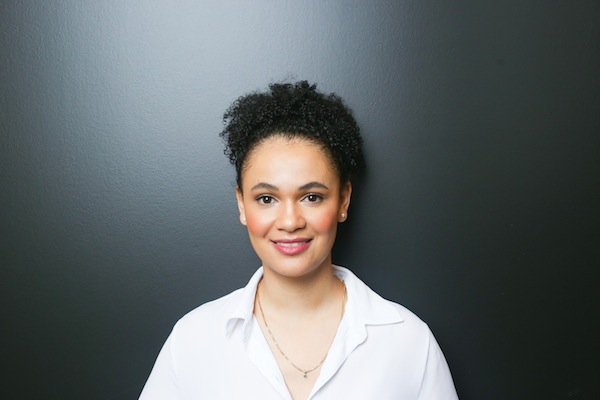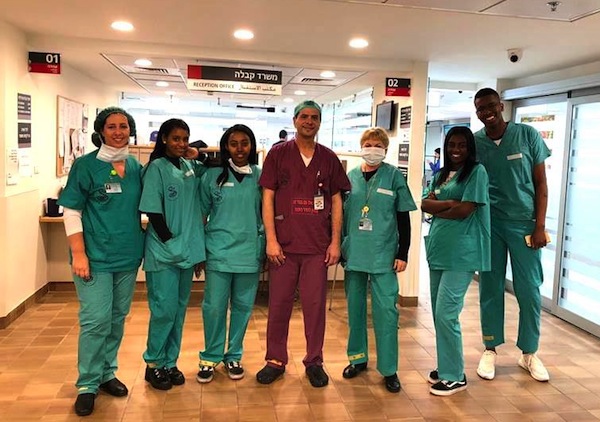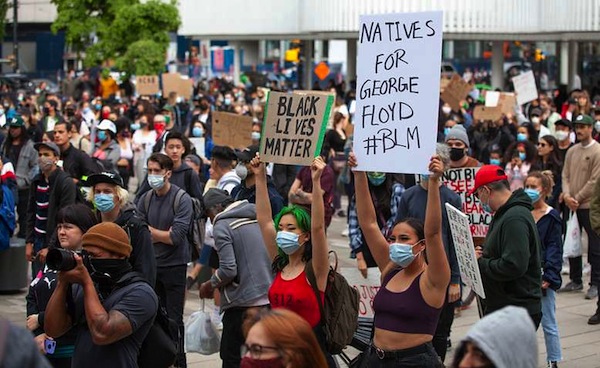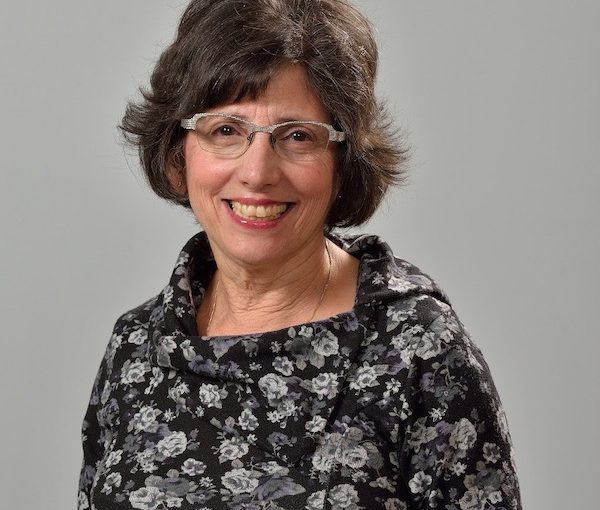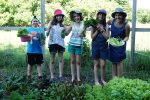Among the many things this year has brought us is a reconsideration of race, equality and justice, spurred in part by racism and racially motivated violence, not least that perpetrated by police. In response, the Jewish community, locally and in the United States and beyond, is engaged in a discussion about how to respond as individuals and as a community.
Jews have long been involved in advancing racial equality and other progressive issues. Hundreds of U.S. Jewish organizations and individuals recently signed on to a message of support for the Black Lives Matter movement, despite some concerns by some about antisemitism in small parts of that movement. What too few have done, as we read the news from Kenosha or Louisville or other cities roiled by racist and civil unrest, is consider the issue from a perspective that is closer to home.
Earlier this year, three Jews of colour began a modest movement to specifically raise this topic more visibly, forming a group called No Silence on Race, which issued an open letter “from Black Jews, non-Black Jews of colour and our allies to Jewish organizations in Canada.” (See story at jewishindependent.ca/working-to-advance-equality and their website, nosilenceonrace.ca.) The letter asked organizations in the community to take tangible steps based on nine pillars they outlined: allyship, education, Indigenous education, equity consultancy, employment, anti-racism advisory, JOC leadership, programming and partnerships, and JOC voices. The Jewish Independent endorses this letter.
The letter requested that organizations in the community consider making a statement detailing tangible ways they will seek to hear, engage with and empower Jewish people of colour. In response, the editorial board of the Independent has met as a group and also individually considered these issues. We offer this statement in an effort to voice our commitment to equity and justice for Jews of colour within our community and within the specific scope of our own organization, the community newspaper of Jewish British Columbians. We believe that not all nine pillars are specifically applicable to the unique role that a news platform plays in the community, though as we proceed along this process, we remain open to reconsidering all assumptions.
In demonstrating allyship, in particular, there are several specific, tangible, realizable goals we have identified and to which we commit to undertake. These include:
- Redoubling our efforts to feature stories involving Jews of colour, their experiences, lives, accomplishments, challenges, specific issues, and events, as well as addressing intra-community conflicts and reconciliations between Jews of colour and the broader Jewish community;
- Continuing to advance a model of journalism that encourages reconciliation between Indigenous Canadians, Jews and all Canadians;
- Intentionally holding space for new and less frequently heard voices, including prioritizing writers who are Jews of colour and gender-diverse people, and actively seek out such voices, recognizing the deep well of experience and expression that has not traditionally been heard or amplified;
- Partnering with, and encouraging others to partner with, individuals and organizations that elevate a diverse range of Jewish diasporas, histories and lived experiences;
- Undertaking to learn and exemplify diverse ways to understand language, gender, ability and other forms of human difference;
- Amplifying, through our coverage, resources from other community organizations dedicated to these goals, in the interest of education and sharing resources;
- Encouraging, in our reporting and commentary, inclusive and progressive decision-making around community allocations and fundraising, and engaging in educating about a vision of community philanthropy that advances these objectives.
We make these commitments conscious of our shortcomings as individuals and as a small, struggling community institution, and strive for their fruition to the best of our abilities.
We recognize and appreciate the emotional labour required by Jews of colour, and of others who are self-advocating, and will strive to minimize this burden through self-education and using existing resources that do not place added demands on individuals and organizations engaged in this critical work.
You are likely reading this still in the Jewish month of Elul, traditionally a time to reflect on our actions over the year and to ready ourselves for the power of the High Holidays. Indeed, the Jewish concept of teshuva, of atonement, literally “return,” provides a roadmap for doing things differently and better. For those transgressions between people, wrongs must be righted and forgiveness is only possible from the person we’ve harmed. We invite you – individuals and community institutions alike – to join us as we use this time to consider specific, actionable ways each of us may take responsibility for repairing any damage we may have done to beloved members of our community who have been excluded, questioned, silenced, marginalized or otherwise made to feel outside. At the Independent, we do this reflection and the work of repair with joy and a sense of purpose. Wishing each one of you a shana tova u’metuka, a good and sweet year.

